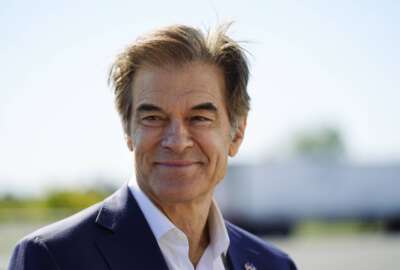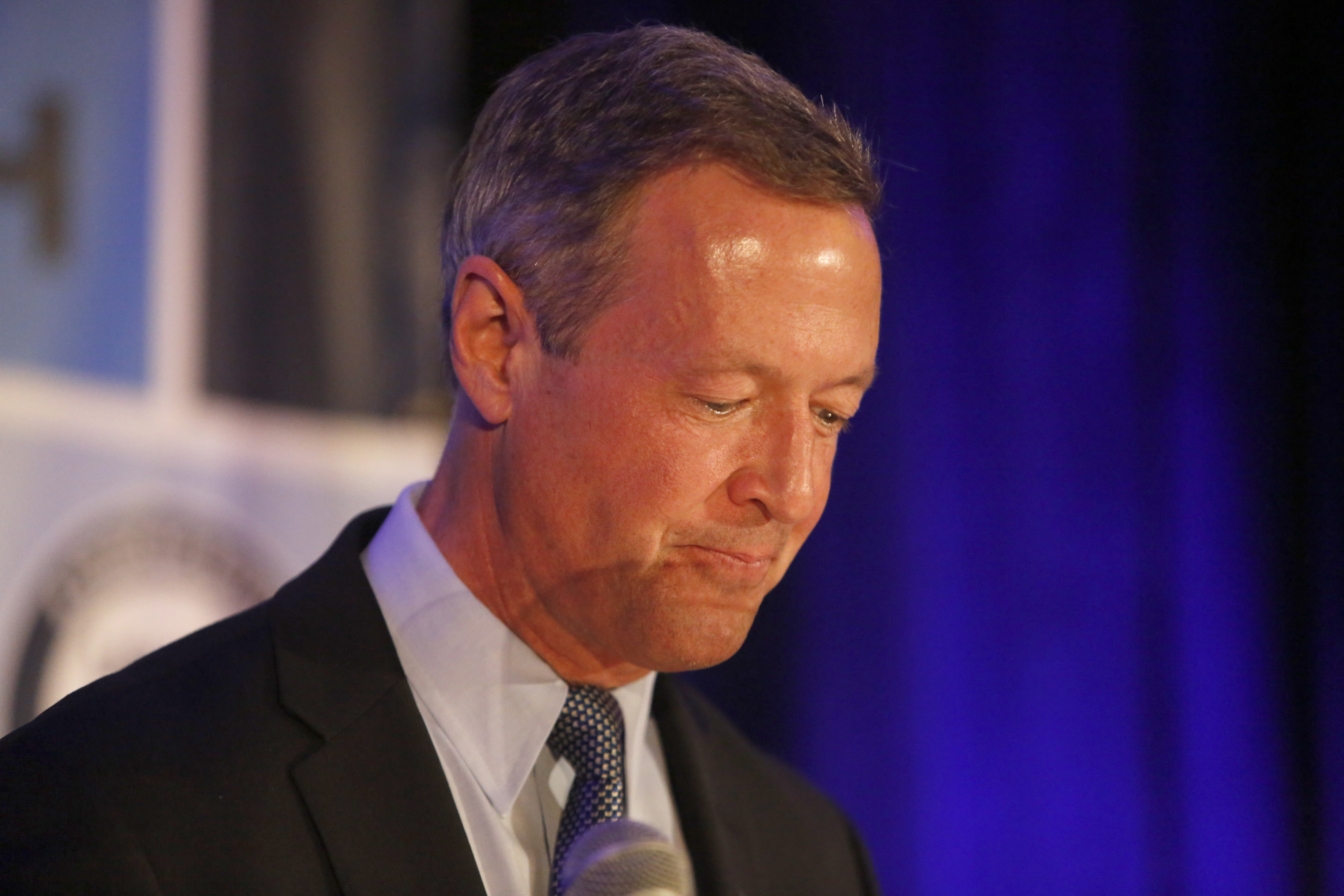State Department fetes Foreign Service families for their ‘volunteer spirit’ overseas
The State Department promotes America’s diplomatic mission overseas, but the men and women of the Foreign Service — and the families they bring with them �...
Best listening experience is on Chrome, Firefox or Safari. Subscribe to Federal Drive’s daily audio interviews on Apple Podcasts or PodcastOne.
The State Department promotes America’s diplomatic mission overseas, but the men and women of the Foreign Service — and the families they bring with them — put a face to that mission through off-the-clock acts of kindness.
The department this year, in partnership with Associates of the American Foreign Service Worldwide (AAFSW), awarded the 32nd annual Secretary of State Award for Outstanding Volunteerism Abroad to eligible family members for volunteer work that supported the war in Ukraine, the resettlement of Afghan refugees and ongoing COVID-19 lockdowns.
Secretary of State Antony Blinken said in a prerecorded message during the Nov. 17 ceremony that the awardees demonstrate “some of America’s best values — service and compassion toward others” by investing their time and talents in their communities.
“Their work complements the official diplomacy being led by our Foreign Service officers. Both Foreign Service officers and their loved ones do this work without fanfare, and without expectation of any award. They do it because they care, because it’s who they are,” Blinken said.
Undersecretary for Management and Resources Brian McKeon said the awardees stand out as “a testament to America’s volunteer spirit.”
“I stand in awe of those of you who sign up for this life and undertake it. Those of you who are doing this volunteer work, you’re creating a community or contributing to the creation of a community with a turnover every year at a post. Lots of new folks arriving and are sustaining the community with your efforts,” McKeon said.
Meredith Wiedemer received an award for her leadership role at a donation center in Chisinau, Moldova that has provided emergency supplies to nearly 40,000 Ukrainian refugees since the start of Russia’s invasion.
“When we realized we were not going to be evacuated, and we were going to stay there as a family — just as a mom, I said, ‘If I was ever in this situation, I would hope that there was someone on the other side who was in a better position than me [who] would be able to help me through a difficult time,’” Wiedemer said in an interview.
Wiedemer helped raise $200,000 in private donations for Ukrainian refugees, and the organization she helps lead, the Sunflower Center, provides psychosocial support for Ukrainian mothers and children displaced by the war.
“We really have tried to break down that stigma of what mental health and that sort of support actually looks like,” she said.
As an integrative health coach, Wiedemer said the Sunflower Center helps provide long-term support to refugees who remain indefinitely displaced.
“In the long term, in order for these people not to feel left behind, and especially the children, we want to make sure when they go home back to Ukraine, that they haven’t fallen so far behind, that they can reintegrate and re-step on the path forward, to becoming happy and successful adults,” Wiedemer said.
The realities of war hit close to home. Wiedemer said her house is a two-hour drive from the Ukrainian border.
“When we get we go outside, and we’re downtown, and my son sees a drone in the air and points out the drone. My five-year-old daughter says, ‘Is that a Russian drone?’ And she has this sort of look in her eyes. Those are the challenges, those are real things that on a daily basis, I’m having to navigate with my young children, and just letting them know that they’re safe,” Wiedemer said.
Justin Wimpey, the husband of a Foreign Service officer, with a background in engineering, cooking and sustainable technology, was recognized by the department for developing a pressure cooker that would be easy to mass produce in Antananarivo, Madagascar.
Wimpey worked with a local family-run workshop to produce and sell over 650 pressure cookers that have saved households time, reduced air pollution, and reduced dependency on charcoal.
Wimpey said the reduction in charcoal use from the 650 pots already sold will offset the emissions of approximately 1,300 cars for the next decade. He added that the pots will help reduce the “incredible amount of deforestation” that occurs from making charcoal.
“It just occurred to me, ‘Hey, if these folks had a pressure cooker, it could certainly save them a lot of time and cooking.’ As an engineer and a cook, just made logical sense,” Wimpey said.
Women in Madagascar spend eight to 12 hours a day cooking over charcoal, and 97% of the population cooks with it.
Wimpey created a pressure cooker design based on the traditional Malagasy pot design. He then offered his 3D-printed prototype without compensation to a local metalworker and foundry that makes aluminum pots.
The family-run workshop worked on a couple of different prototypes and made several changes before mass-producing the aluminum pressure cookers.
“It’s as much my idea is it is theirs, because they were able to fix it locally, and make it a success,” Wimpey said.
Much like military spouses, eligible family members can run into challenges finding formal employment at their new posts.
“It’s often hard to find employment and a lot of EFMs end up going and volunteering or finding a project that they can work on, on their own,” Wimpey said.
Debra Stock, an eligible family member in Doha, Qatar, received an award for her work helping an influx of 58,000 Afghan refugees coming into the country.
After the Taliban swiftly took control of Afghanistan last year, Stock organized volunteers who spent months providing refugees arriving at Al Udeid Air Base with warm clothing, hygiene items and other essentials.
Stock said this volunteer work helped to adjust to Foreign Service life during her family’s first tour of duty.
“This is the thing that saved me. This is what made my transition from leaving all of my family, and my comfort zone, and my normal, to being able to be part of something bigger than myself. It was the best transition I could have asked for, as far as helping me see the benefit in the Foreign Service life,” Stock said.
Copyright © 2024 Federal News Network. All rights reserved. This website is not intended for users located within the European Economic Area.
Jory Heckman is a reporter at Federal News Network covering U.S. Postal Service, IRS, big data and technology issues.
Follow @jheckmanWFED






